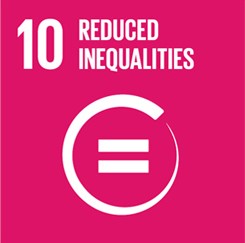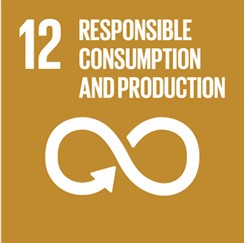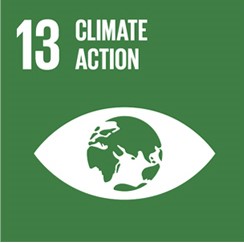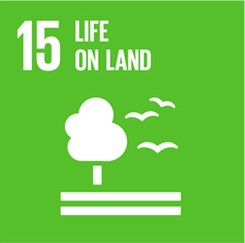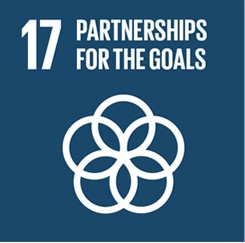Corredor de los Cedros
Project developed by GMF Latinoamericana in order to have carbon stock available to offer to those companies that want to reduce their Carbon Footprint.
Type: Sustainable Management of Native Forest.
Location: Jujuy province. NOA Region (Yungas).
Duration: 10 years. Scalable according to metrics obtained..
Global context: The degradation and deforestation of the world’s native forests are cumulatively responsible for approximately 10% of global net carbon emissions. Addressing the destruction of these forests is at the core of any concerted effort to combat Climate Change.
Local Context: Argentina is one of the countries with the highest rates of deforestation in the world. Between 1990 and 2014, 7.3 million hectares of native forest were lost in the country, with the northern region being the most affected. This is also the least developed region in the country with high rates of poverty, poor nutrition and illiteracy, especially in areas with rural populations.
OBJETIVE
• Preserve and reconstitute Native Forests using technologies and processes adapted to the characteristics of the local ecosystem to increase the carbon stock.
• Promote socio-economic development with the generation of labor by valuing the ecosystem services of the Forest.
• Increase the productivity of degraded environments, through agroforestry systems and Forest Management with Integrated Livestock.
PROJECT BENEFITS
Environmental impact:
• The main impact will be given by the capacity of the project to fix CO2 and thus contribute to the mitigation of Climate Change.
• Protection of degraded soils promoting their recovery
• Improved water quality
• Conservation of biodiversity: protection of animal species in danger of extinction
Socio-economic impact:
• Economic paradigm shift: income from ecosystem services.
• Generation of local knowledge: the National University of Jujuy, through the Forestry University Technician, will participate in the entire area of reporting, monitoring and Applied Research Plans through internships for its advanced students.
• Generation of new complementary activities in services, added value (regional products, handicrafts, etc.), and cultural activities, especially in the tobacco sector and in Caimancito for forest products from the PMFS, especially wood from the Yungas.
• Formalization of the timber market due to a greater volume of sale of forest products in traceable markets (with PMFS guidelines).
• Gender Inclusion: the local nurseries supplying seedlings to the project will use mainly female labor, as well as administration and field work during planting. Other activities with female participation related to dissemination in the community. Capitalization of the fields: improvements in fences, pastures, quality of the forest.
| THE PROJECT | |
|---|---|
| Superficie | 450 hectáreas. |
| Location | Jujuy province. NOA Region (Yungas). |
| Potential mitigation | 40.680 tn CO2 in 10 years (9 tn CO2 / ha / year) |
| Baseline of the project | High deforestation and advance of the agricultural frontier, loss of biodiversity and impoverishment of local communities. |
| Duration | 10 years |
| Long-term sustainability | Strategic alliances with local stakeholders and agreements with landowners, public entities and investors. |
SDG TARGETED




